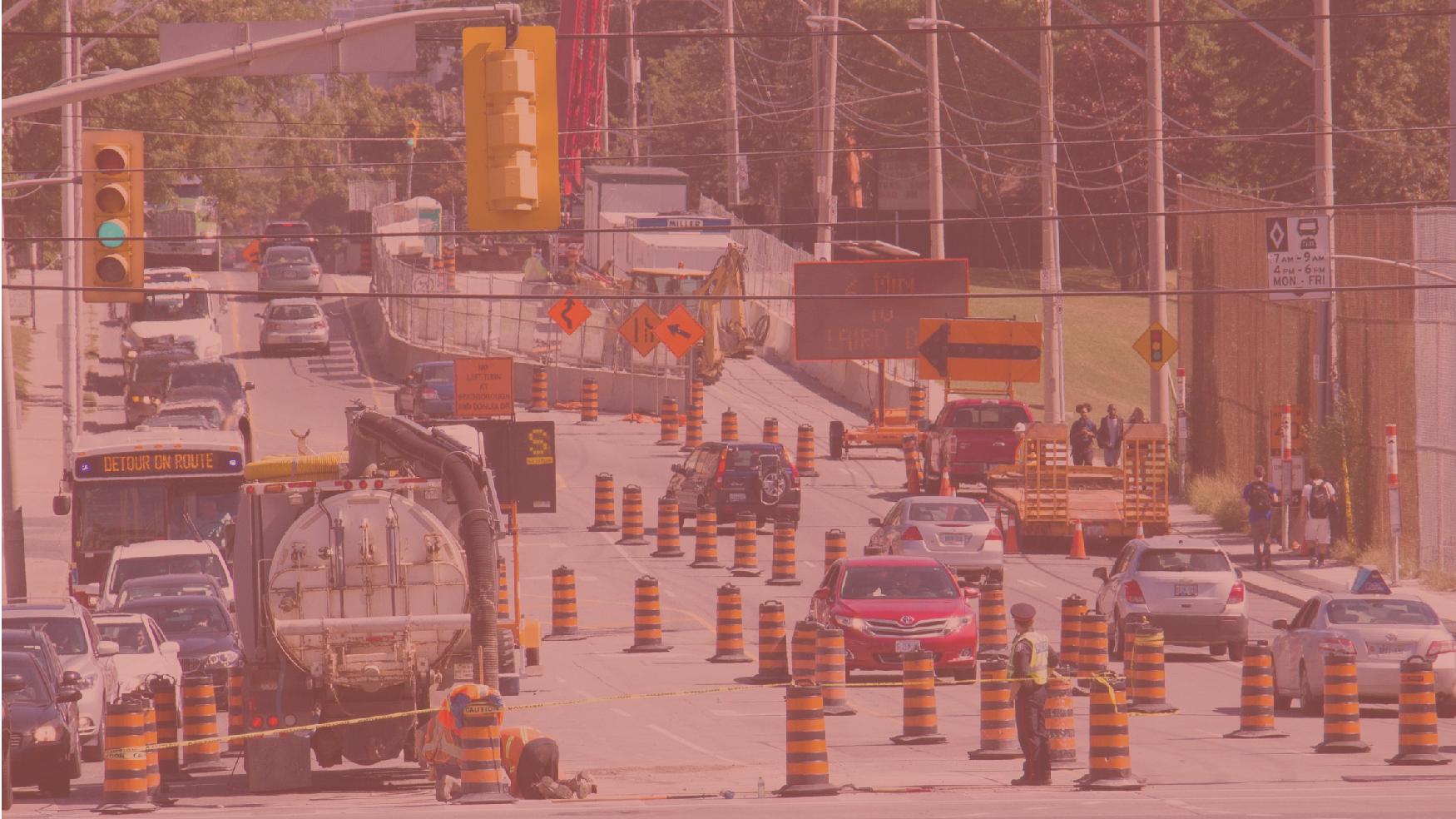Don’t let the Stress Test stress you out. Here is everything you need to know to understand what it is and how to plan for it.
As of Jan. 1, 2018, Canadians getting, renewing or refinancing a mortgage might have to undergo a stress test to prove that they would still be able to make their mortgage payments should interest rates rise above their current mortgage rate. In other words, buyers are tested on their ability to afford mortgage payments at higher interest rates.
All federally regulated financial institutions are required to comply and other provincially regulated lenders, like credit unions, are also voluntarily complying with the guidelines.
Who Has to Take the Stress Test?
All home buyers, whether they utilize a “high-ratio mortgage” (those with a down payment less than 20% of the sales price of a home), or an uninsured mortgage (those with down payments of 20% or more) are now subject to the mortgage stress test and have to qualify at a rate that’s higher than they actually pay.
How Does the Stress Test Work?
According to lowestrates.ca, today’s best fixed-rate mortgage in Ontario is 3.33% (as of Jan. 7, 2019), but the Bank of Canada’s conventional five-year mortgage rate is now sitting at 5.34%. The stress test is based on qualifying for the greater of either the Bank of Canada qualifying rate or plus two percentage points of the contracted rate, so if you qualify for the 3.33% fixed-rate mortgage, then you would be tested on if you could still be financially stable at an interest rate of 5.33%.
Homebuyers are stressing because even though you are contracted at an interest rate of 3.33%, in order to qualify for a mortgage, you have to show that you can still make payments at 5.33%.
How Does the Stress Test Affect Your Home Buying Ability?
With the stress test, it will mean that you might only qualify for a home that costs 20% less than they would have prior to the test.
Can I Avoid the Stress Test?
- Alternative Lenders – The stress test has caused a trickle-down effect where alternative lenders are seeing an uptick in business. Homebuyers who don’t meet the stress test requirements are turning to private lenders, mortgage investment corporations, and credit unions, which are provincially regulated, but not required to implement the stress test although some voluntarily do. The thing to be aware of is that alternative lenders are less regulated, and they can charge more fees. Unfortunately, the decision to utilize riskier lenders can mean the difference between buying a home or continuing to rent.
- Gift Funds – Not available to everyone, but consider obtaining gift funds from your parents to increase your downpayment to compensate for the new mortgage stress test requirement.
- Adjust your Home Requirements – Namely price. With the stress test, you might be forced to look at a lower priced home.
Do you have any questions about the stress test? Call, text, or email me anytime!


